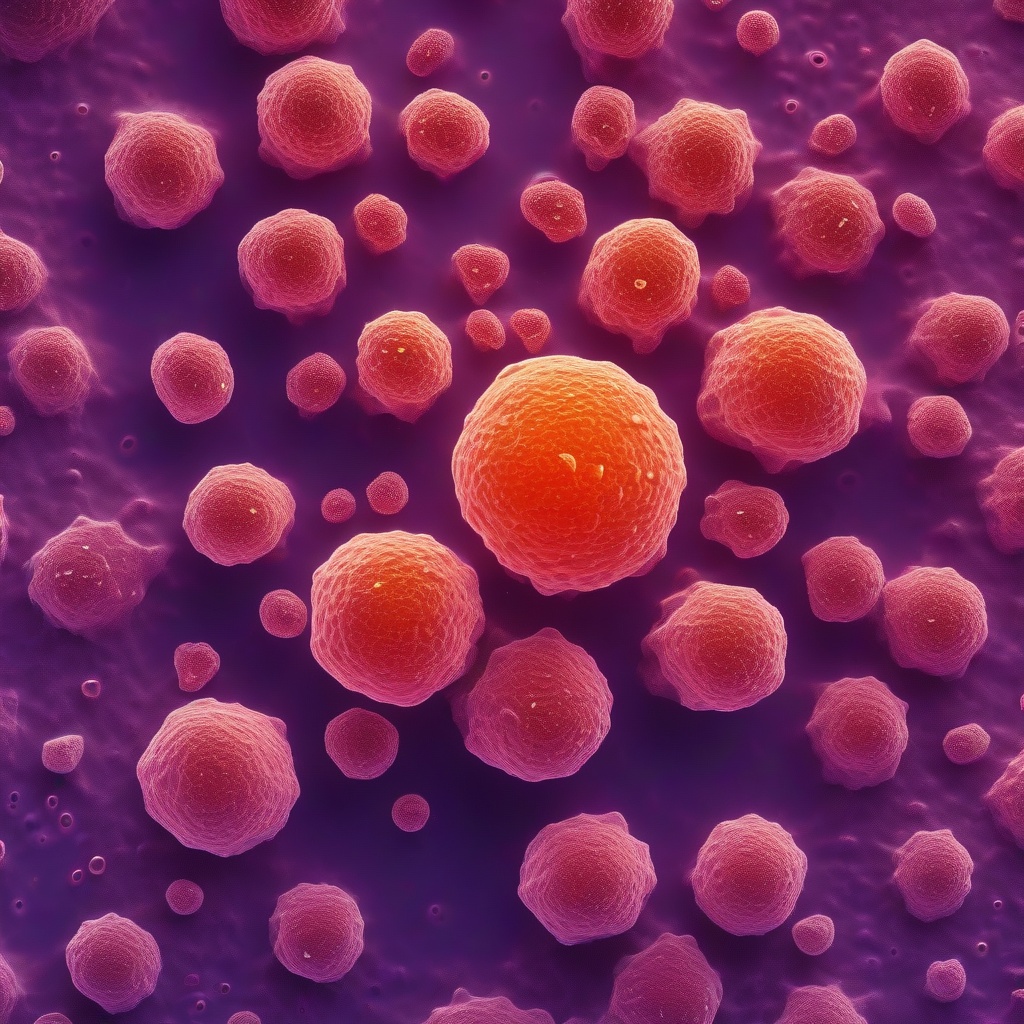PU.1 and TGF-β Signaling Activate CD103 Expression in Mucosal Mast Cells Specifically
Mucosal mast cells (MMCs) are distinguished from connective tissue MCs by the specific cell-surface expression of integrin CD103 (αE/β7) and their unique localization within mucosal tissues. Recent studies have shed light on the transcriptional regulation of CD103 expression in MMCs, implicating the transcription factors PU.1 and TGF-β signaling in this process.
The Role of PU.1 in CD103 Expression
PU.1, a member of the ETS family of transcription factors, is known to play a crucial role in the development and function of immune cells, including mast cells. Research has shown that PU.1 directly regulates the expression of CD103 in MMCs by binding to specific DNA sequences within the ITGAE gene promoter, which encodes the αE subunit of CD103.
Studies using PU.1-deficient mice have demonstrated a significant reduction in CD103 expression on MMCs, highlighting the importance of PU.1 in regulating CD103 expression. Furthermore, chromatin immunoprecipitation (ChIP) assays have confirmed the direct binding of PU.1 to the ITGAE gene promoter, providing mechanistic insight into the transcriptional regulation of CD103.
TGF-β Signaling and CD103 Expression
TGF-β signaling is another critical pathway involved in the regulation of CD103 expression in MMCs. TGF-β is a multifunctional cytokine that plays a key role in immune homeostasis and tolerance. In MMCs, TGF-β signaling has been shown to upregulate CD103 expression by inducing the expression of PU.1 and other transcription factors that regulate ITGAE gene expression.
The TGF-β receptor complex activates Smad-dependent signaling pathways, which in turn regulate the expression of target genes. In MMCs, TGF-β-induced Smad signaling has been shown to cooperate with PU.1 to activate ITGAE gene expression, leading to increased CD103 surface expression.
Specificity of PU.1 and TGF-β Signaling in MMCs
One of the key questions in the field is whether PU.1 and TGF-β signaling specifically regulate CD103 expression in MMCs or if these pathways also play a role in other immune cell types. Recent studies have addressed this question by examining the expression of CD103 in various immune cell populations.
These studies have shown that PU.1 and TGF-β signaling specifically regulate CD103 expression in MMCs, with minimal effects on other immune cell types, such as T cells or dendritic cells. This specificity is thought to be due to the unique transcriptional and signaling profiles of MMCs, which allow for the precise regulation of CD103 expression.
Functional Implications of CD103 Expression in MMCs
The specific expression of CD103 on MMCs has important functional implications for immune responses in mucosal tissues. CD103 is an integrin that plays a critical role in the adhesion and migration of MMCs within mucosal tissues.
Studies have shown that CD103 is involved in the homing of MMCs to specific mucosal sites, such as the gut-associated lymphoid tissues (GALT). The interaction between CD103 and its ligand, E-cadherin, facilitates the retention of MMCs within these tissues, allowing for the regulation of immune responses.
Conclusion and Future Directions
In conclusion, recent studies have highlighted the critical role of PU.1 and TGF-β signaling in regulating CD103 expression in MMCs. The specificity of these pathways for MMCs underscores the complex and highly regulated nature of immune responses in mucosal tissues.
Further research is needed to fully understand the mechanisms underlying CD103 expression and its functional implications for immune responses. Elucidating these mechanisms will provide valuable insights into the development of novel therapeutic strategies for mucosal immune-related disorders.
- For more information, see the study published in the FEBS Journal: PU.1 and TGF-β signaling activate CD103 expression in mucosal mast cells specifically



